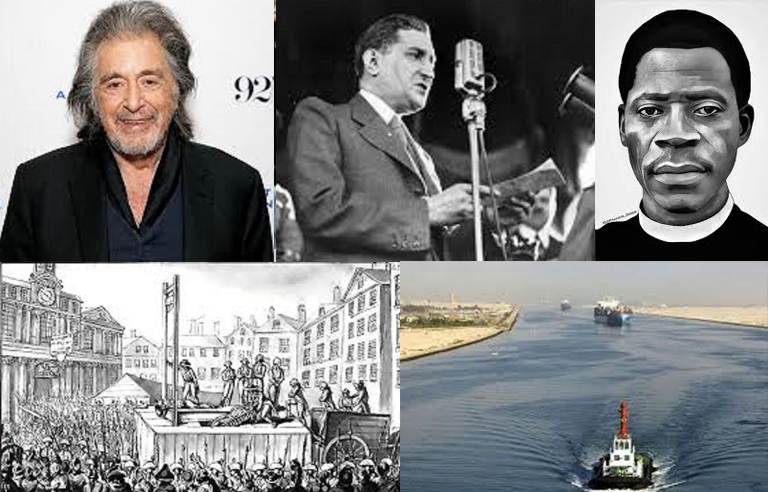
1306: Robert the Bruce crowned king of Scotland
Robert the Bruce, crowned Scottish king at Scone this day in 1306, freed Scotland from English rule, winning the decisive Battle of Bannockburn (1314) and confirming Scottish independence in the Treaty of Northampton (1328).
1792: Guillotine first used in France, executes highwayman Nicolas Pelletier.
1859 Construction of the Suez Canal begins
At Port Said, Egypt, ground is broken for the Suez Canal, an artificial waterway intended to stretch 101 miles across the isthmus of Suez and connect the Mediterranean and the Red seas. Ferdinand de Lesseps, the French diplomat who organized the colossal undertaking, delivered the pickax blow that inaugurated construction.

An international team of engineers drew up a construction plan, and in 1856 the Suez Canal Company was formed and granted the right to operate the canal for 99 years after completion of the work. The waterway connecting the Mediterranean Sea and the Red Sea became the shortest sea link between Europe and Asia. The excavation took some 10 years and altogether more than 1.5 million people from various countries were employed.
1945: President Truman is briefed on the Manhattan Project. On April 25, 1945, President Harry S. Truman learns the full details of the Manhattan Project, in which scientists are attempting to create the first atomic bomb. The information thrust upon Truman a momentous decision: whether or not to use the world’s first weapon of mass destruction. America’s secret development of the atomic bomb began in 1939 with then-President Franklin Roosevelt’s support. The project was so secret that FDR did not even inform his fourth-term vice president, Truman, that it existed. In fact, when Truman’s 1943 senatorial investigations into war-production expenditures led him to ask questions about a suspicious plant in Minneapolis, which was secretly connected with the Manhattan Project, Truman received a stern phone call from FDR’s Secretary of War, Harry Stimson, warning him not to inquire further.

When President Roosevelt died on April 12, 1945, Truman was immediately sworn in and, soon after, was informed by Stimson of a new and terrible weapon being developed by physicists in New Mexico. In his diary that night, Truman noted that he had been informed that the U.S. was perfecting an explosive great enough to destroy the whole world.
1961: France detonates another atomic bomb at Reggane Oasis in Algeria. A French colony, Algeria is one year away from national independence, and Algerians have little ability to stop the ongoing nuclear testing on their soil.

1974: In Portugal, the fascist Estado Novo is overthrown in a bloodless coup.
The leftist Carnation Revolution was led by military officers and supported by widespread civil resistance.

1990: Hubble Space Telescope sent into orbit. The Hubble Space Telescope, a sophisticated optical observatory built in the United States under the supervision of NASA, was placed into operation this day in 1990 by the crew of the space shuttle Discovery.

1990: The Nigerian government accused one of Ogboru’s fishing companies in Ikorodu, Fiogret Limited, to have been “used as the base for the execution of the plot” against Babangida on 22 April 1990.


2003: The U.S. enacts the Clean Diamond Trade Act to implement the Kimberley Act, to ensure that no “Conflict Diamonds” are illegally mined and smuggled out of Central Africa and enter the diamond market of the U.S. Sometimes known as Blood Diamonds, profits from these finance insurgencies and terror groups.

2005: Ethiopia’s cultural treasure, the Obelisk of Axum, is returned to the country after being airlifted in pieces from Italy. The obelisk was stolen by the army of Italian dictator Benito Mussolini in 1937.
2011: The largest tornado outbreak ever recorded hits the U.S. 348 people in six states were killed during the outbreak, which encompassed a total of 358 confirmed tornadoes.
BIRTHS ON THIS DAY APRIL 25

Al Pacino, 84
Alfredo James Pacino is an American actor born on 25 April 1940. Considered one of the greatest and most influential actors of the 20th century, Pacino has received numerous accolades including an Academy Award, two Tony Awards, and two Primetime Emmy Awards achieving the Triple Crown of Acting.

Cy Twombly (25 April 1928 – 5 July 2011)
Edwin Parker “Cy” Twombly Jr. was an American painter, sculptor, and photographer. He was an abstract expressionist. Twombly influenced artists such as Anselm Kiefer, Francesco Clemente, Julian Schnabel, and Jean-Michel Basquiat. He died at the age of 83.

Joseph Ayo Babalola (25 April 1904 – 26 July 1959)
Joseph Ayo Babalola was a Nigerian Christian minister and the leader of the Christ Apostolic Church, popularly called CAC in Nigeria. He was a healing evangelist. He died at the age of 55.
Kindly like, comment, follow, and share.



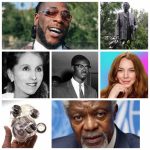
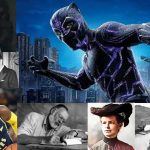
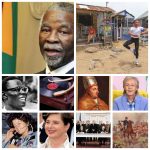







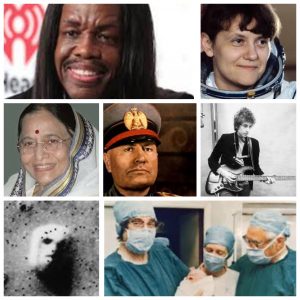

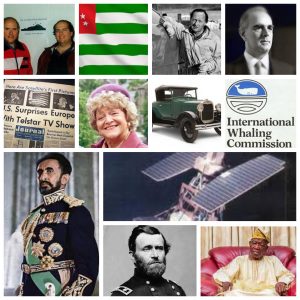
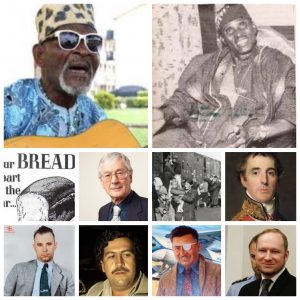
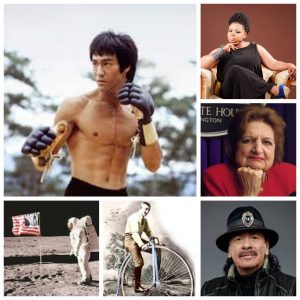




So Joseph Ayo Babalola wa just 55? Bless God for his life.
Eternal rest grant him O’Lord.
He impacted lives and he is still doing so